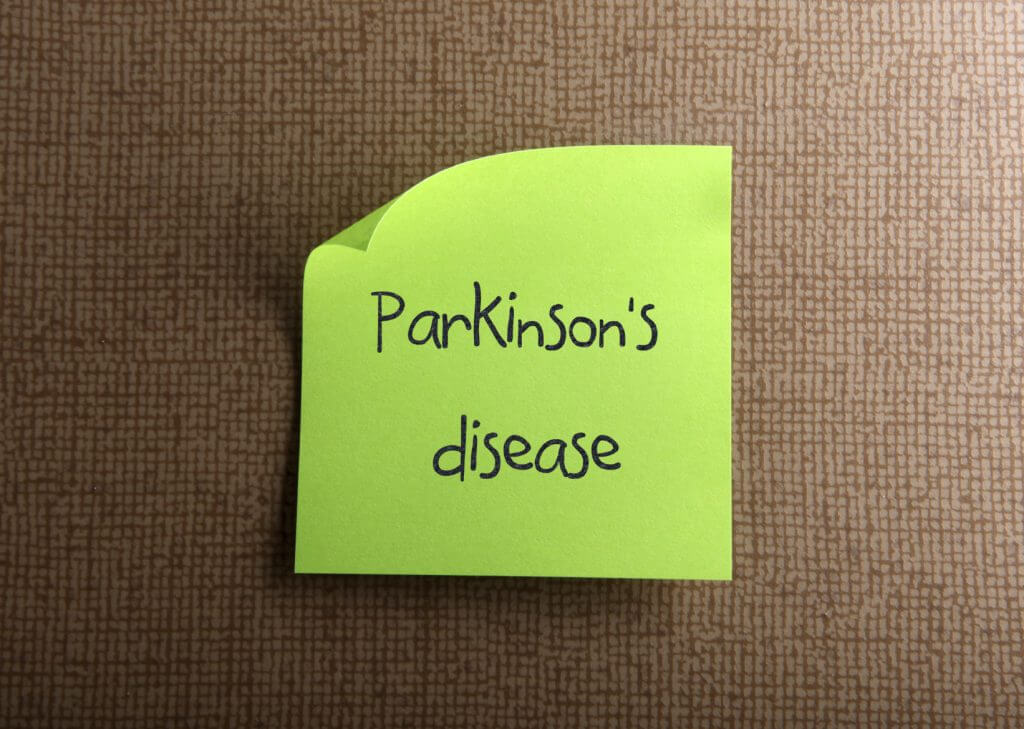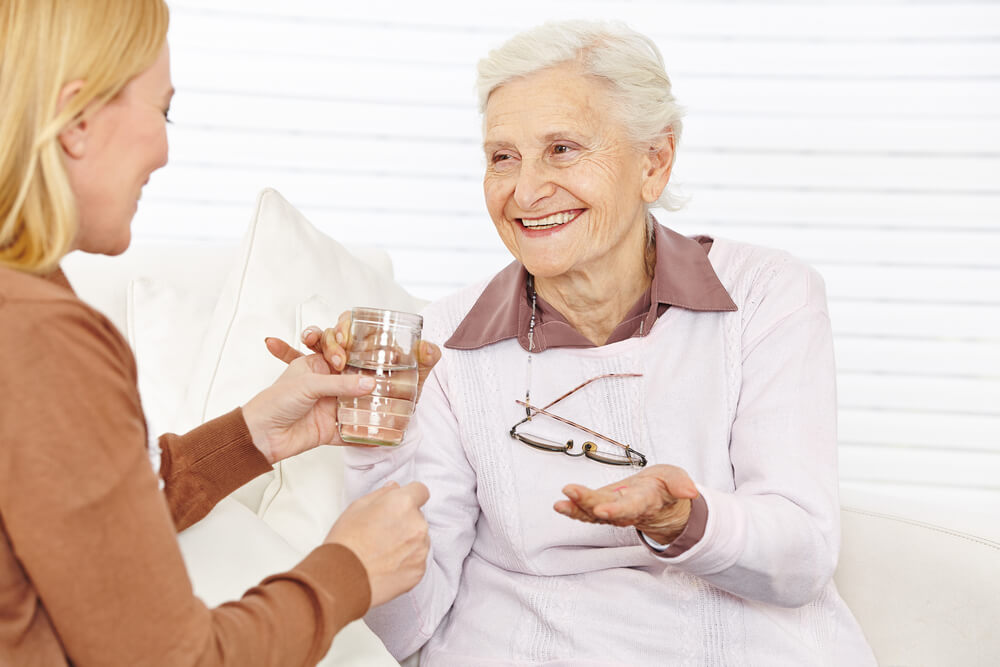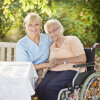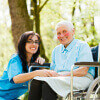More common in men, and more prevalent than muscular dystrophy, multiple sclerosis, and Lou Gehrig’s disease combined, Parkinson’s disease impacts as many as 7 – 10 million people worldwide, with another 600,000 Americans diagnosed each year. And while each person’s experience with the disease varies in severity, there are five stages of progression that are typical for all. In honor of Parkinson’s Awareness Month, Home Matters shares the following information:
Stage 1: Known as early-stage Parkinson’s, during this stage a person typically has only mild symptoms that may present as follows:
- Symptoms are only on one side of the body
- Symptoms are inconvenient, but not disabling
- Uncontrolled tremors or shaking in one limb may be noticed
- Friends and family can usually detect changes in the person’s posture, balance, and facial expressions
Stage 2: During the second stage of Parkinson’s, inability to perform normal physical tasks may become more apparent:
- Symptoms will affect both sides of the body
- The person has minimal disability, and usually encounters ambulatory or balance problems
- Posture is affected
Stage 3: This stage is considered moderate Parkinson’s disease, and more significant disability will begin to develop:
- There is a significant slowing of the body movements
- Early impairment of equilibrium may result in the inability to walk straight or stand
- There is generalized dysfunction that is moderately severe
Stage 4: Stage four represents advanced Parkinson’s disease and is accompanied by severe symptoms:
- Rigidity and bradykinesia, or slow movements are often visible
- The person is unable to complete daily tasks and typically cannot live alone
- Tremors may lessen or disappear for unknown reasons during this time
Stage 5: The final stage of the disease usually takes over the patient’s physical movements:
- The person usually experiences a general reduction in vitality and strength of the body and mind
- The person may not be able to walk or stand
- One-on-one care is required
Home Matters’s in home caregivers are fully trained in all aspects of senior home care, and can assist those with Parkinson’s and other conditions of aging to live fuller, more comfortable and independent lives, right at home. Whether it’s help with daily personal care, transportation and accompaniment to doctors’ appointments or to run errands, light housekeeping and meal preparation, or just a friendly companion to brighten up the day, our senior care services are tailored to each individual’s needs and preferences.











